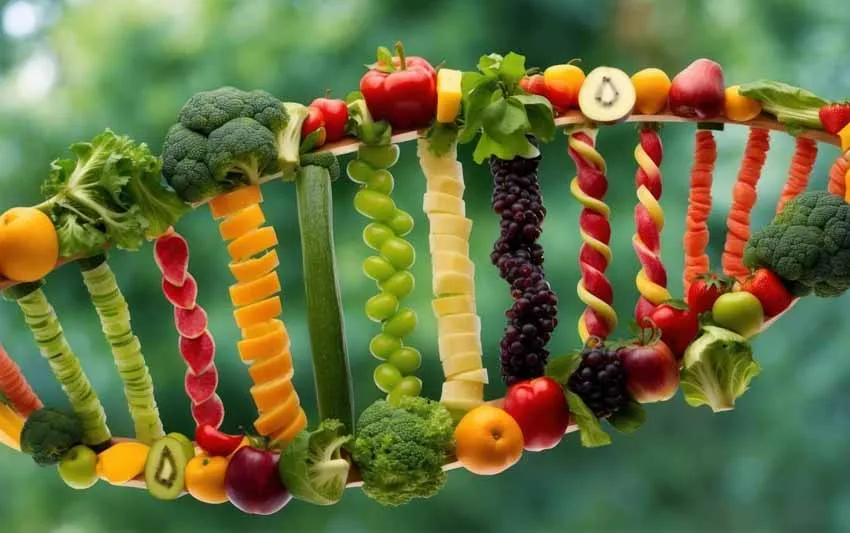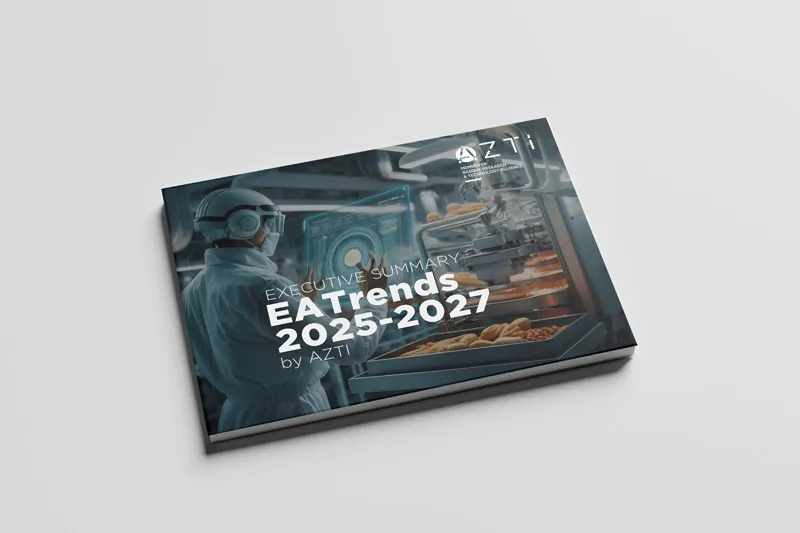

Content index
Personalized nutrition is emerging as one of the major transformations shaping the future of food and health. Driven by increasing access to personal data and by consumers’ growing desire to take control of their wellbeing, this trend marks a turning point: we are moving from general recommendations to tailor-made solutions.
Science is making steady progress, validating the impact of personalized nutrition as a more effective approach to improving human health. At the same time, consumers are demanding that these innovations be backed by solid scientific evidence — a challenge for both research and industry.
This is the eighth and final chapter of EATrends by AZTI, a guide that connects science, business, and society to anticipate the future of food. Eight trends that not only show where we are heading, but also invite reflection on the role of innovation in building a healthier, more sustainable, and more resilient food system. Find the full report here.
The figures speak for themselves: the European sports nutrition market is expected to grow by 4.54 billion dollars between 2023 and 2028, at an annual rate of 9.6%. Beyond sports, this projection confirms the rising interest in nutritional solutions tailored to individual health and performance goals.
Scientific and technological advances are opening new doors for personalized nutrition:
Together, these tools are helping move from expectation to reality — toward an accessible, evidence-based model of precision nutrition.
Society is showing growing interest in using diet as a tool to prevent or treat health issues, and in understanding one’s own metabolism and microbiome. Yet, personalized nutrition remains more promise than reality, with several clear challenges ahead:
Meanwhile, the food sector is gradually advancing with diagnostic services and tailored supplementation solutions, while tech companies are accelerating the trend with increasingly affordable at-home diagnostic kits that allow consumers to explore their unique biological profiles.

Fill out the form and you will receive a link to download it in your email.
jQuery("#descarga-azti-form > div > label > input[type=text],#descarga-azti-form > div > label > input[type=email]").on('change', function(){ if(jQuery(this).val() != '') { jQuery(this).parent().addClass("has-content"); } else { jQuery(this).parent().removeClass("has-content"); } });
const privacidad = document.getElementById("azti-acepto-privacidad"); const comunicaciones = document.getElementById("azti-acepto-comunicaciones"); const enviar = document.getElementById('azti-enviar'); if(privacidad.checked && comunicaciones.checked) enviar.removeAttribute("disabled", ""); privacidad.addEventListener("click", function (event) { if(privacidad.checked && comunicaciones.checked) enviar.removeAttribute("disabled", ""); else enviar.setAttribute("disabled", ""); }, false); comunicaciones.addEventListener("click", function (event) { if(privacidad.checked && comunicaciones.checked) enviar.removeAttribute("disabled", ""); else enviar.setAttribute("disabled", ""); }, false);